3 Lessons from Jackie O's Journey: A Doctor's Perspective on Substance Dependence and Recovery
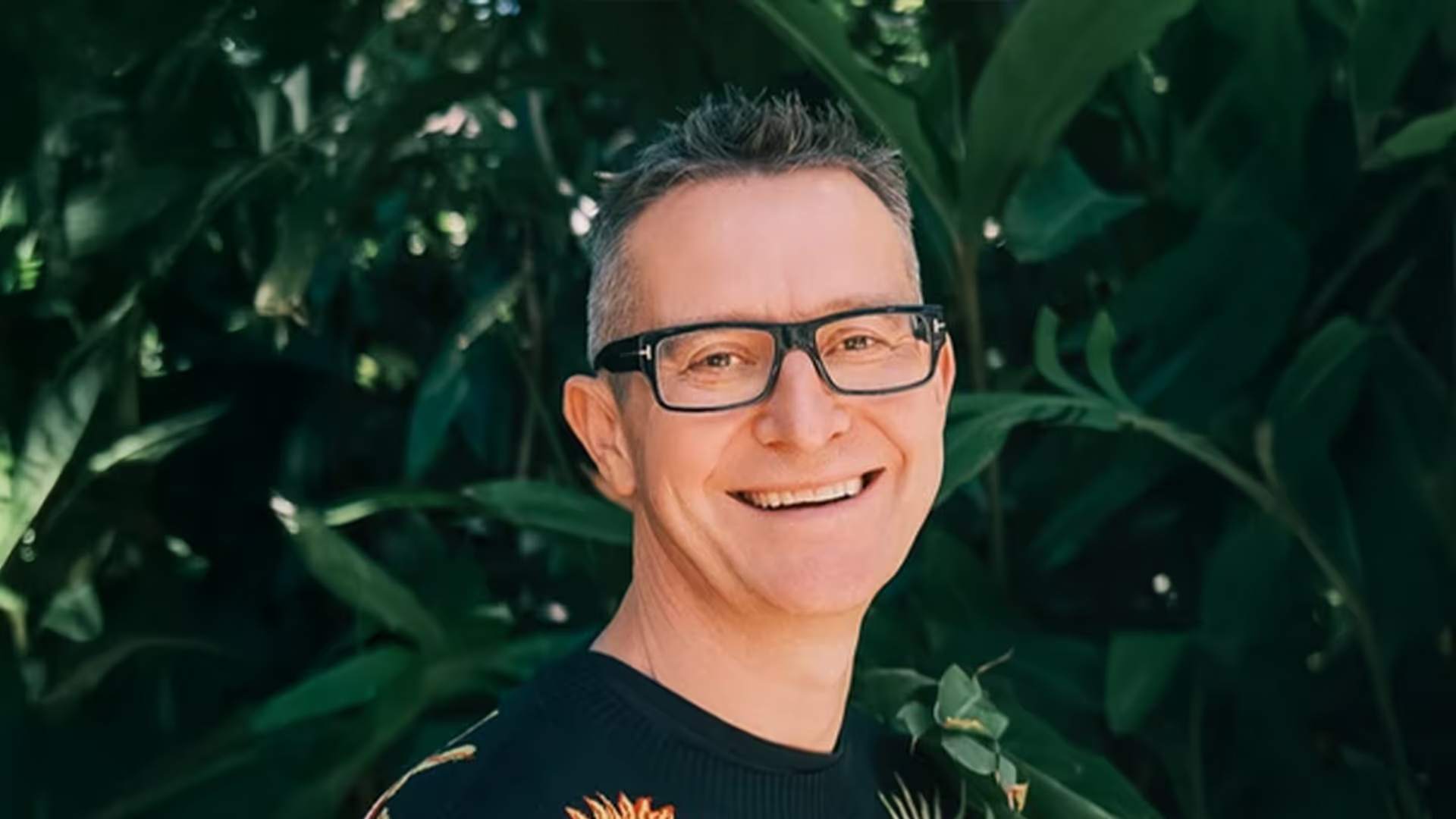
Dr Chris Davis - GP, AOD Specialist, and Co-Founder of Clean Slate Clinic – reflects on the power of celebrities sharing their experiences with substance use to educate others about the pervasive ubiquity of dependence in our society.
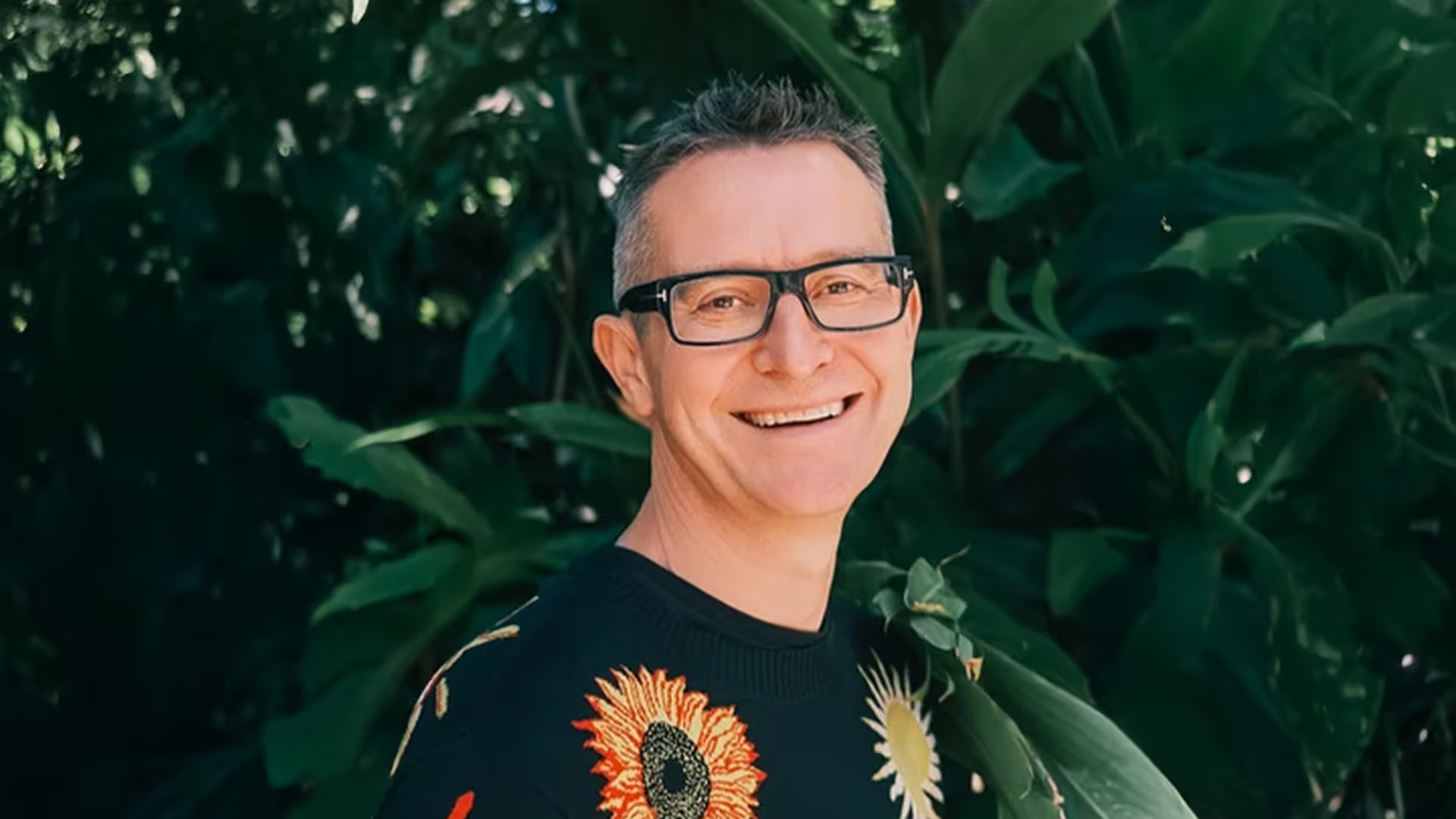
As a doctor specialising in addiction treatment, I've witnessed countless cases of people seeking support for alcohol and substance use across the UK and Australia. But Jackie O Henderson’s recent journey caught my attention because of the important lessons we can learn about recovery from those in influential positions.
I started work as a GP in London and emigrated to Sydney in 2014. When the covid pandemic hit, I realised two things. One – that there was a dramatic increase in the use of alcohol over lockdowns. Loneliness and boredom played out, there were increased environmental pressures, and it was generally just a dizzying time when it was difficult for people to find balance. For many, their relationship with alcohol or other substances became challenging - and those were the people coming to me to seek treatment at that time.
Two - just as the need increased, inpatient treatment facilities and face-to-face GP services were dramatically scaled back because of covid, creating huge gaps in access. I recognised that these two issues needed addressing and initiated a telehealth program to assist patients with at-home treatment, including medical withdrawal. The approach combined online support from clinicians with personalised treatment programs, including medication for withdrawal, and online group support, tailored to each patient's specific needs.
The program proved remarkably effective, with significantly lower relapse rates from patients who might have tried other treatment methods, and patients feeling safe from stigma by having the confidentiality of a home-based program. When covid restrictions eased and most things went back to normal, I really saw the power in what had happened over this time - we had opened up another option for treatment, accessible no matter where you lived in Australia. We wanted to continue on this trajectory in a focused and deliberate way - because I could see first-hand the positive results at-home treatment was having on patients.
Reflecting on Jackie O’s Story
Seeing Jackie's story recently - along with other media personalities like Ash Grunwald, Tom Holland and Elle McPherson sharing similar experiences - has resonated with me more than just 'celebrity news'. It's highlighted that unhealthy relationships with substances affect many people across society, and these experiences are far from uncommon.
In light of Jackie’s story, I wanted to share some important aspects of addiction and recovery that I've observed:
Stigma:
Celebrities do have a certain power to remove the stigma and shame associated with alcohol or other drug dependence. High-profile people in the media are regular human beings, but to many, they are icons and role models, and they can impact the general public in meaningful ways. They have the platform to tell a vulnerable and transparent story that can have a greater impact on broader audiences.
Jackie's openness about her journey is invaluable and has the power to break down the stigma of substance dependence and encourage others to seek help.
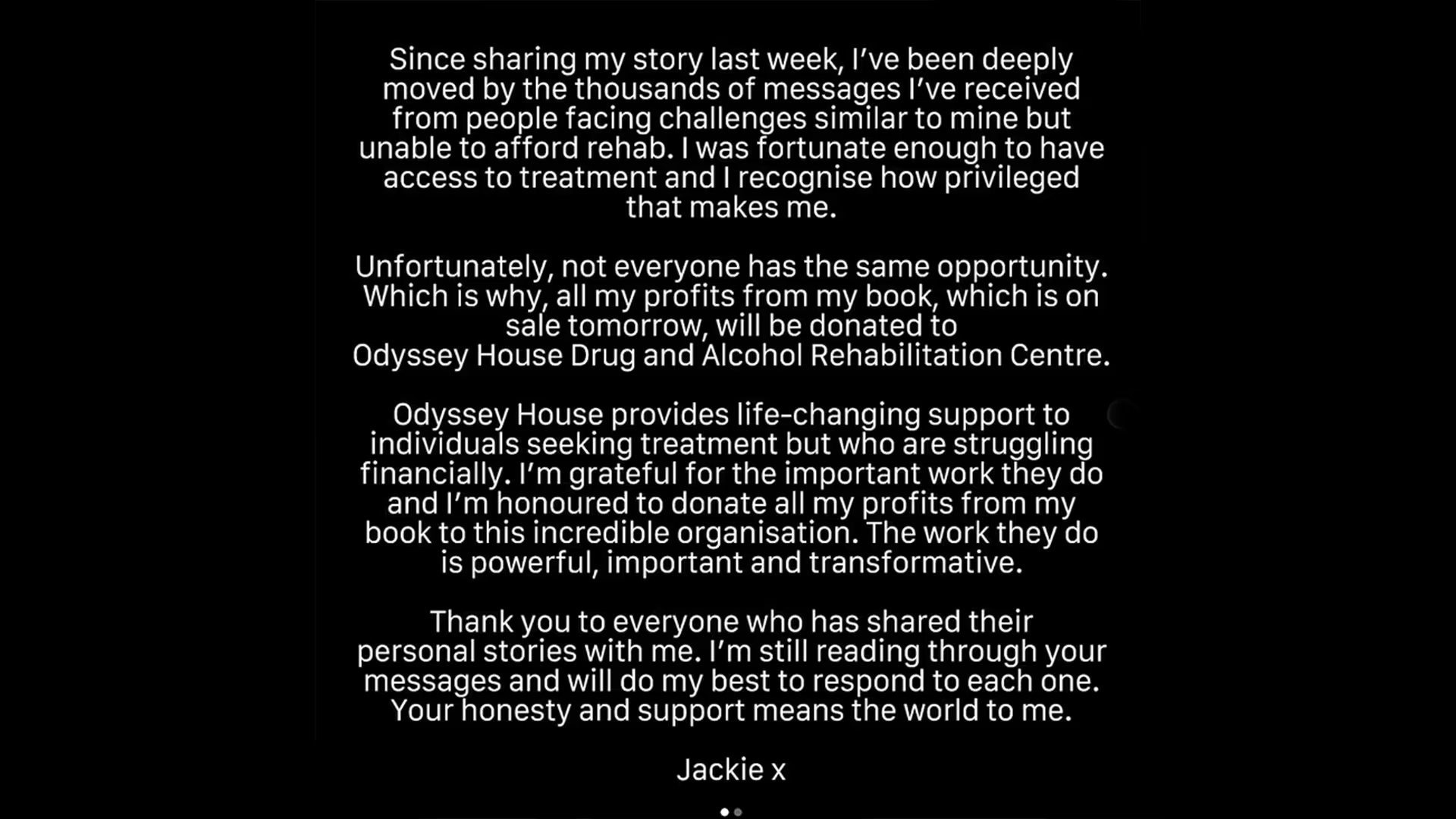
Jackie O Henderson's Instagram post acknowleding that the profits of her book will be donated to Odyssey House Drug and Alcohol Rehabilitation Centre.
As a doctor, and as an individual, I've seen how shame and stigma can affect people. I myself grew up as a gay man in Northern England, and there was a lot of shame attached to that. This personal experience has made me acutely aware of how stigma can create barriers to seeking help. In the context of addiction treatment, I've observed how stigma often prevents patients from reaching out, especially when they believe they will have to leave their community or family network to attend treatment, and be surrounded by others who are struggling, which can also feel exposing for some people - particularly in regional or rural areas.
Addressing stigma is a major step towards changing societal views on alcohol and other drug dependence. As healthcare professionals, I believe we need to normalise conversations about substance use, addressing these issues early and creating an environment where patients feel encouraged to ask questions and seek support.
Early Intervention:
Early intervention is something that we try to encourage as GPs when addressing substance dependence. In Jackie's case, a friend had intervened and suggested she seek support. Close friends and family often recognise the impact of stress and alcohol consumption on their loved one’s well-being and it’s great to be able to have candid discussions like this. Recognising that there is a problem early on, can significantly improve outcomes.
Alarmingly, we know it takes on average 18 years for individuals to seek help for alcohol issues, which is a pretty hefty statistic. In my practice, I try to create an environment where people feel comfortable seeking help at the earliest signs of concern. I encourage patients to be aware of changes in their drinking patterns, especially in response to stress or life changes.
Many people use alcohol or other drugs as a means to stave off feelings of pain. They can serve as coping mechanisms to bury trauma, or in the case of Jackie O - high stress and possibly burnout from a demanding public career. Whatever these original pain points are - in the moment we rarely stop to look at what the cause might be. What I tell my patients is that if you have repetitive behaviours in your life that aren’t healthy - you might think it’s just ‘you’. You may have accepted it as a part of your identity. But an unhealthy relationship with alcohol or other substances can be addressed with the right support, including safe withdrawal if you have become physically dependent, and finding better coping mechanisms that enable you to live a life where you are thriving, not just surviving.
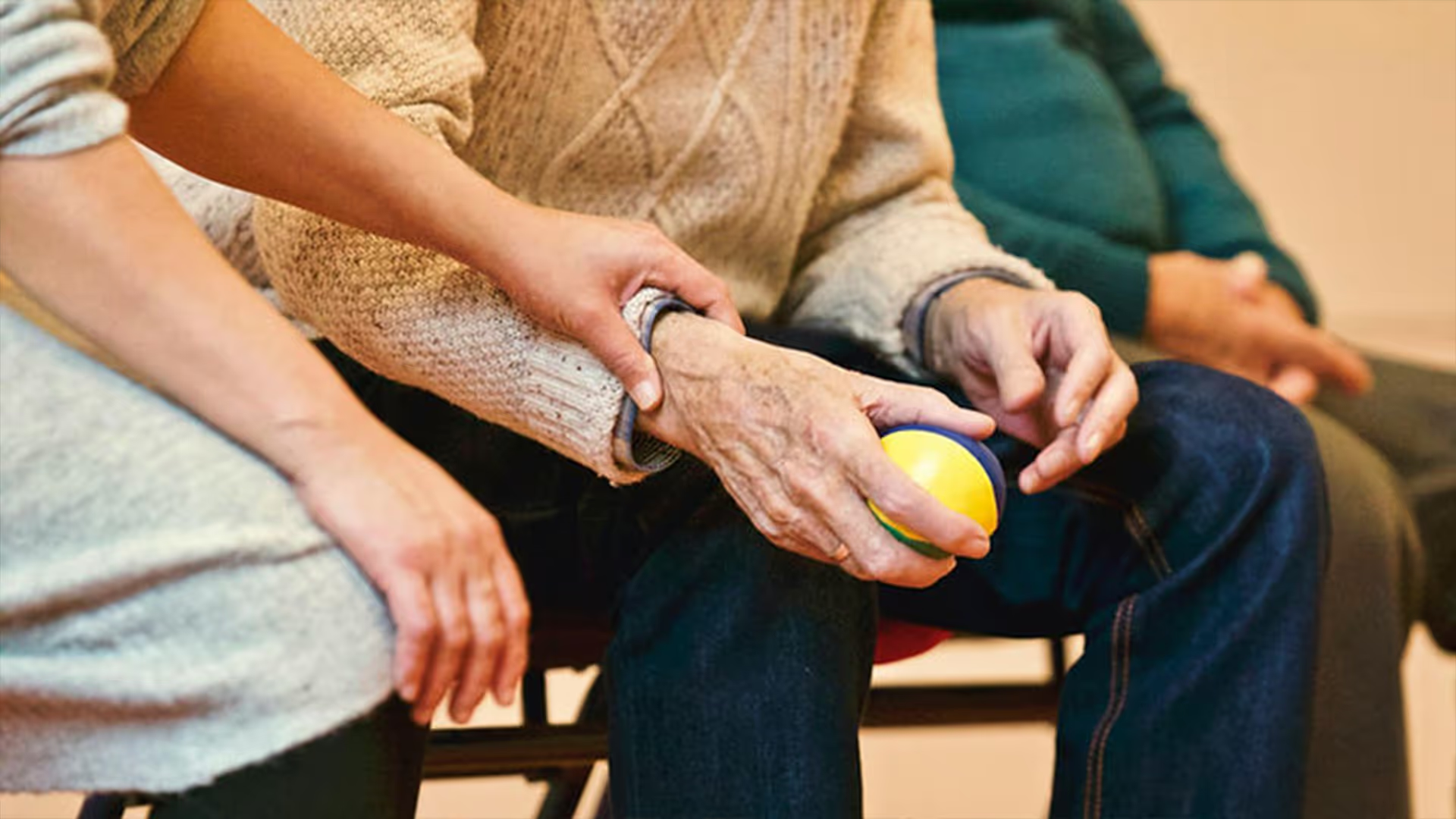
Financial Barriers:
Jackie was in a more privileged position, where going to an inpatient facility overseas was an option for her. It gave her the comfort to withdraw, but also the ability to remain discreet during the process.
Unfortunately, this isn’t an option for so many other Australians. CEO of the Victorian Alcohol and Drug Association, Chris Christoforou was recently sharing a study that showed a 93% increase in wait times for clients seeking treatment since the first survey was undertaken in 2020. And this is just in Victoria.
The Clean Slate home-based model we’ve created, is another way to offer greater anonymity and confidentiality, which also allows people to stay in the context of their existing lives and withdraw around comfortable surroundings – whether that be staying with their pets, support people, or just being able to continue with their other daily routines.
According to KPMG’s independent report for Rethink Addiction, there is a shortfall in treatment placements in Australia of about 500,000. We’ve been working with private health insurers to enable access to free placements in the Clean Slate program, as well as created a model that is about 25% of the cost of traditional private programs. We also have government-funded placements in Western QLD, Western NSW and Central & Eastern Sydney, for individuals who are struggling with affordability.
We really need to shift the needle and address how we can help more financially vulnerable people - this is something we are actively campaigning for the Government to address.
Key Takeaways:
Jackie’s journey reminds us that behind every case of substance dependence is a human deserving of compassion and support. To me, her tender honesty, as well as other celebrities who have come forward, will likely allow people who are similarly struggling to reach out - even if they have been living in a state of heightened anxiety.
We’re doing what we can to make effective services available to more people. Further government support would be a great start, and whilst there is still much to do in this area, we are making progress and moving towards growth and cultural change, and I’m optimistic about the future.
I’m also thankful to all those in the public sphere who come forward bravely and acknowledge their own stories. Their courage not only helps destigmatise substance dependence but it can set others on a path of positive change too.
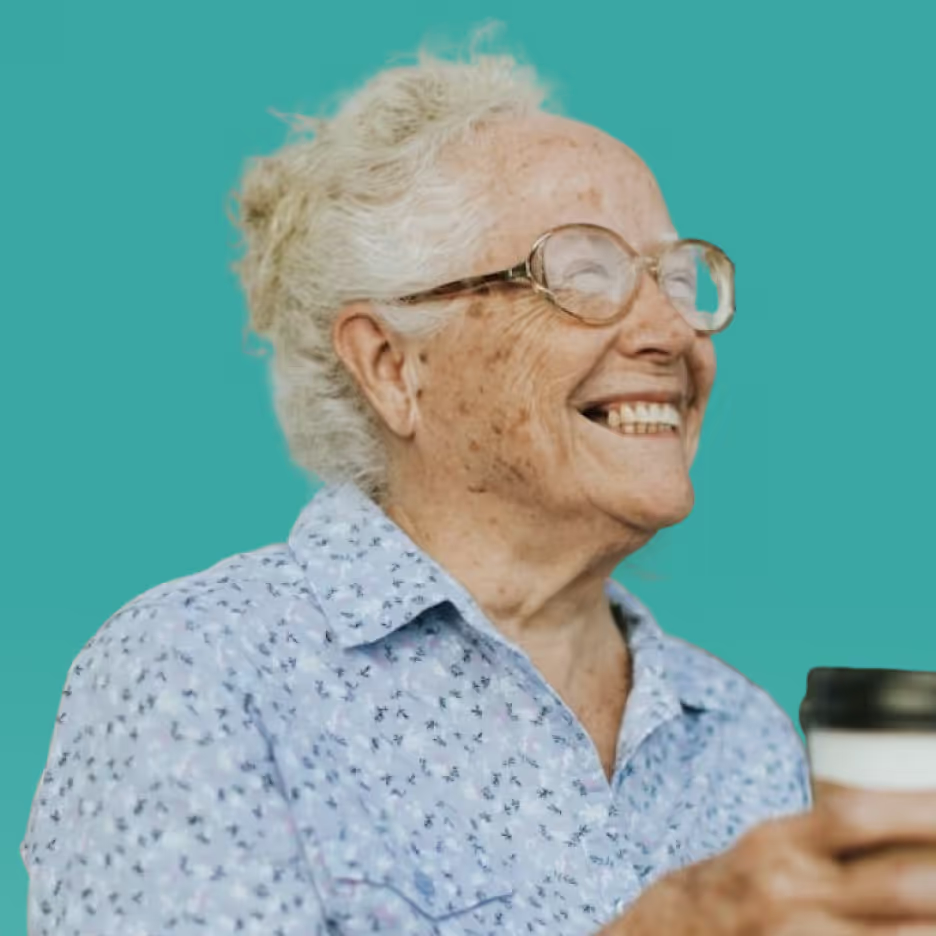
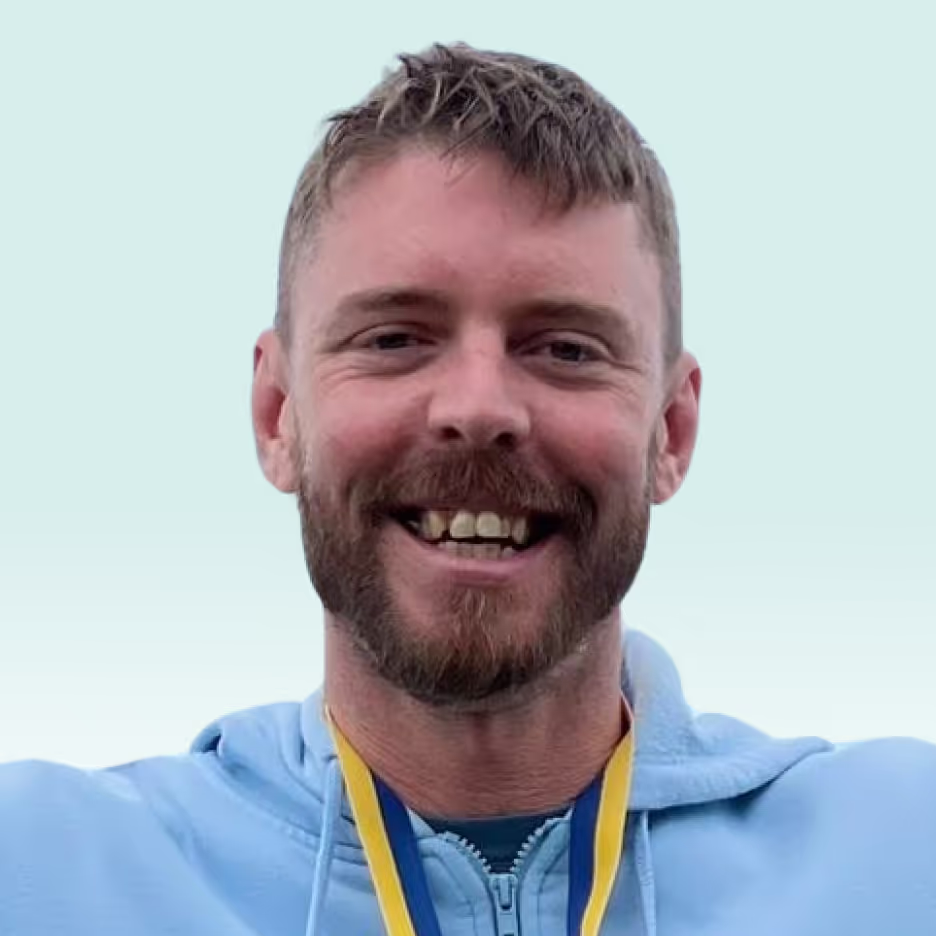
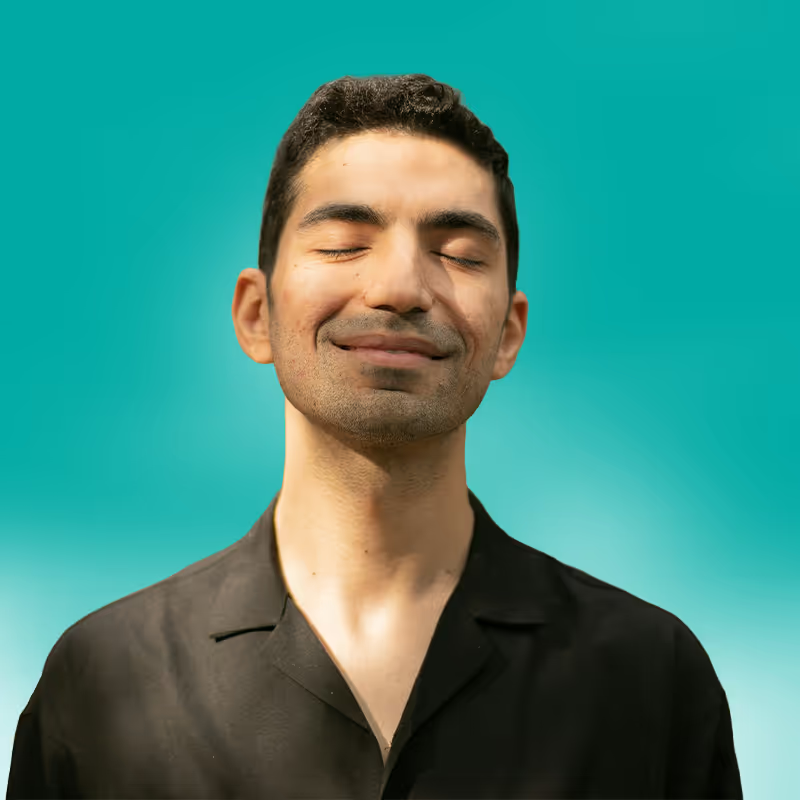

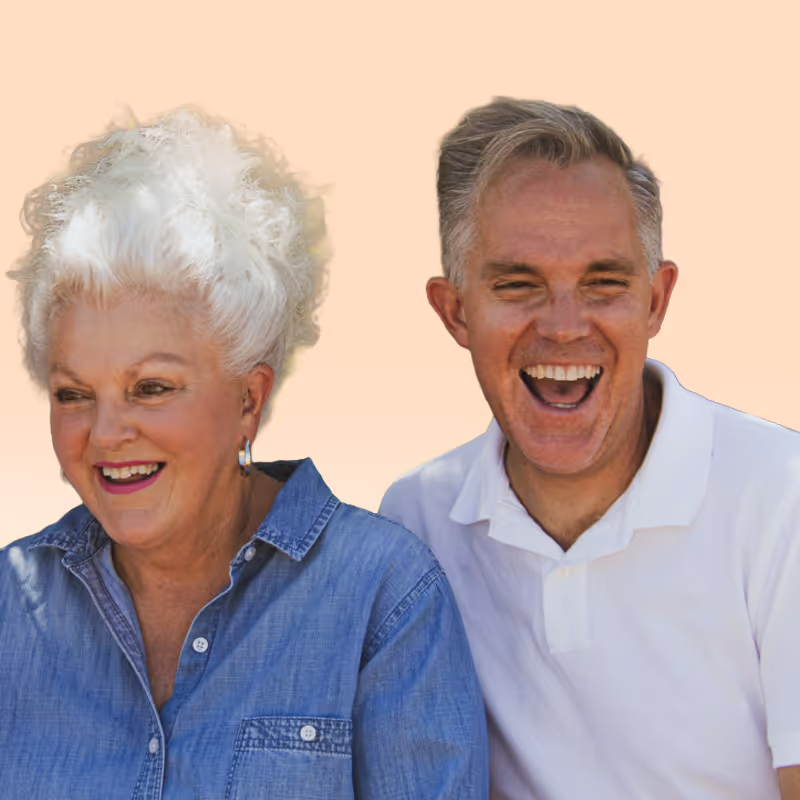
Ready to get started?
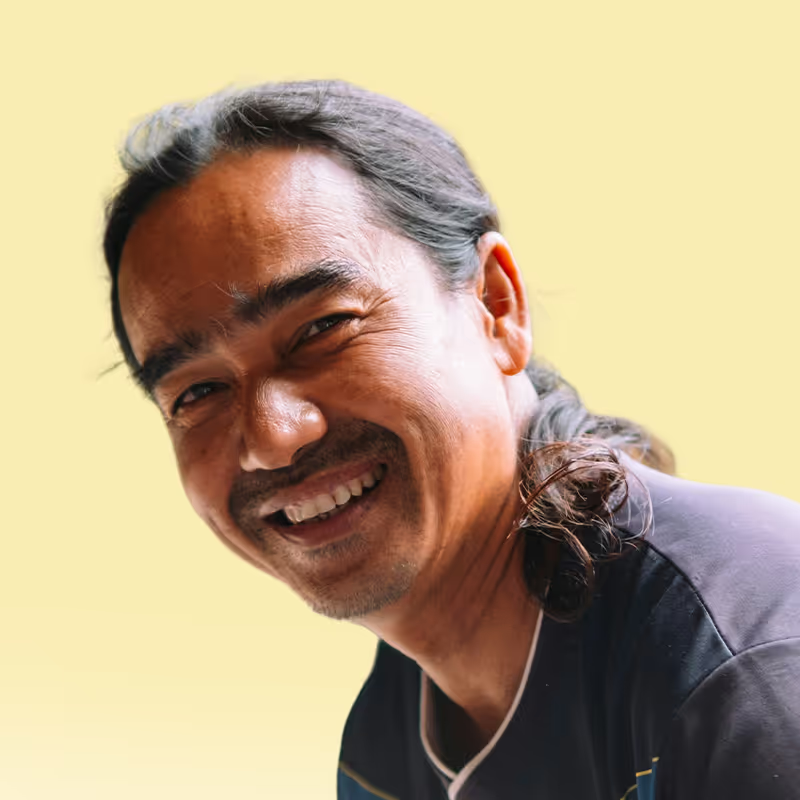
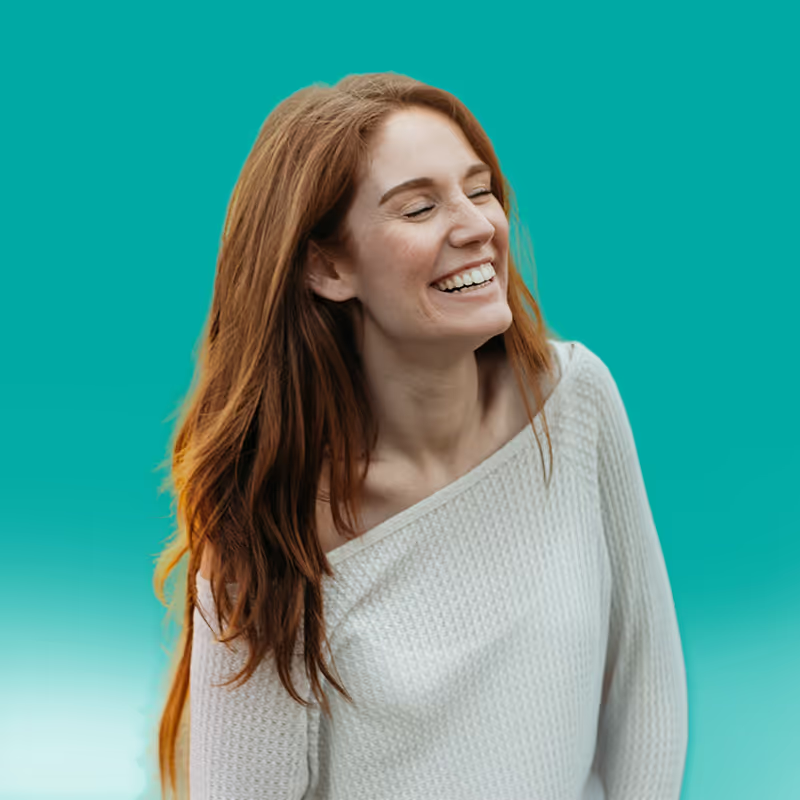


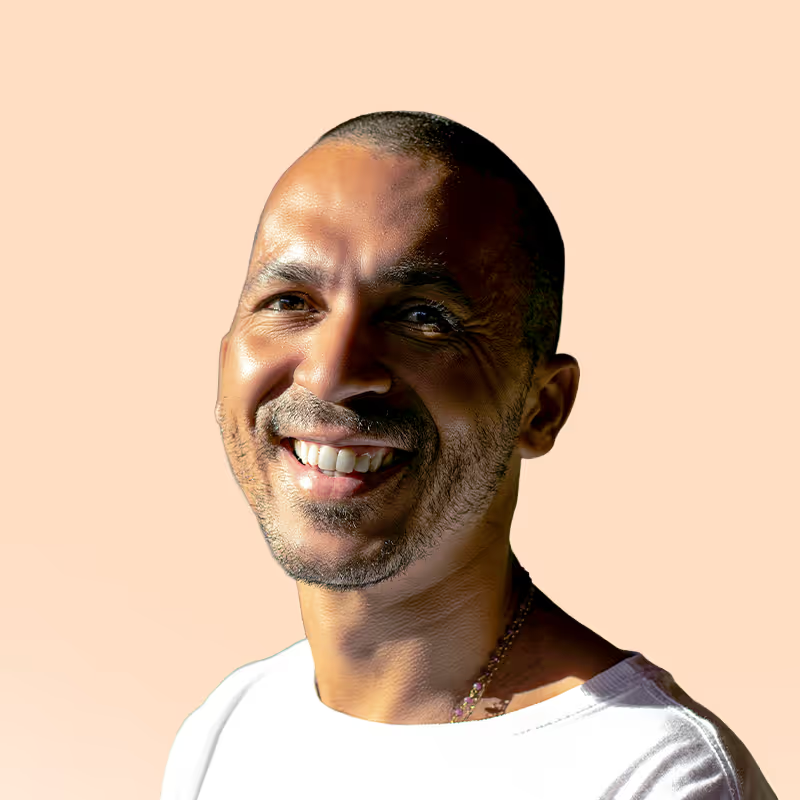
.png)




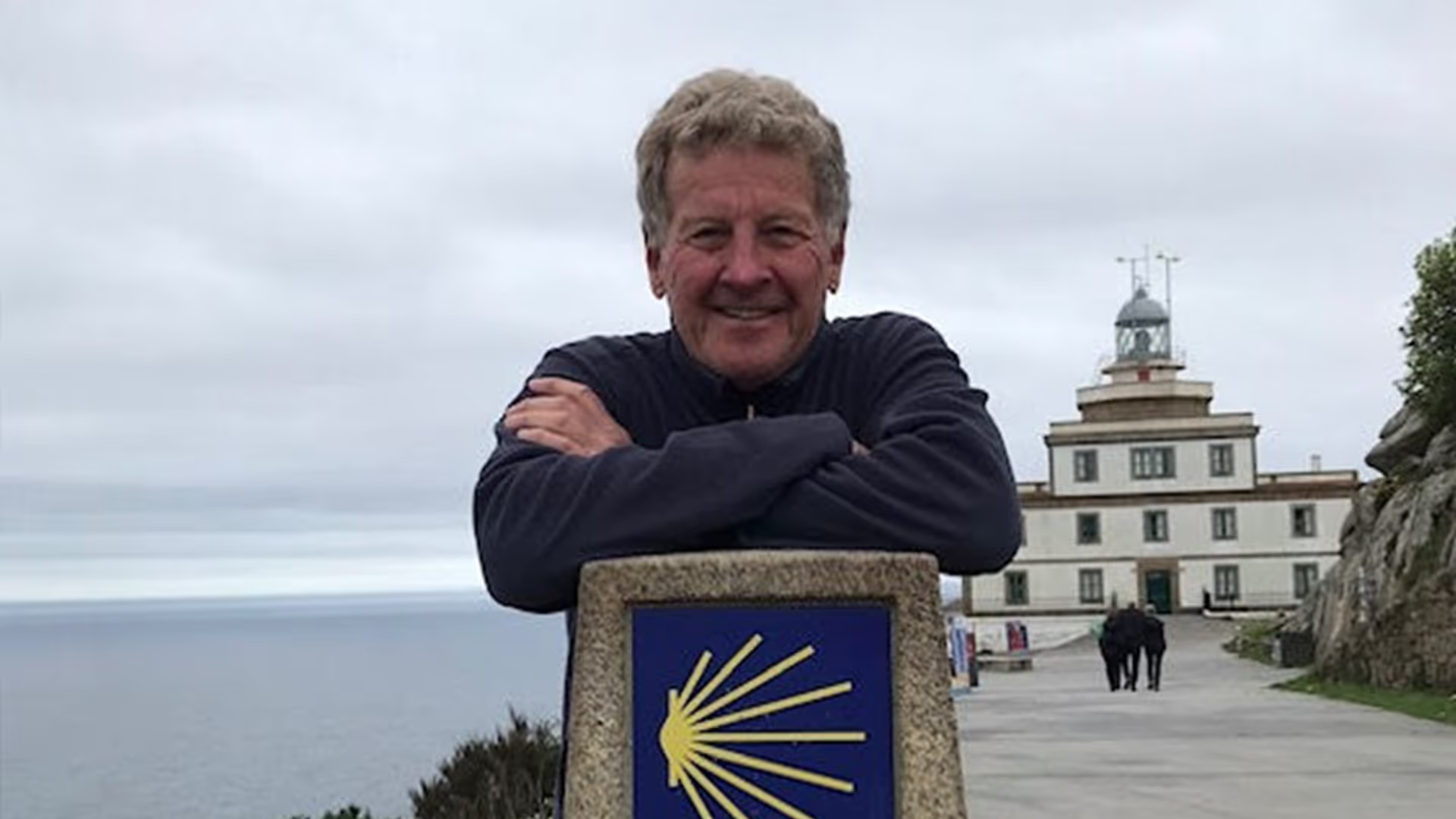


.avif)



